Dominica Macro-Fiscal Context and Health Financing Factsheet
Macro-Fiscal Context and Health Financing Factsheets developed by the World Bank provide graphical representations of 14 key indicators linked to the larger macro fiscal environment in which a health system operates. This fact sheet on Dominica shows historical data...

Swiss Citizens’ Assembly backs sugar tax in health push
The Citizens’ Assembly in Switzerland has proposed a tax on sugary foods and drinks as part of six reforms aimed at improving public health, which also includes higher taxes on alcohol and tobacco, enhanced health literacy, and stricter advertising restrictions. The...

The Wait Is the Price: Quiet Rationing Plagues Canadian Health Care
The Canadian healthcare system, while publicly funded and perceived as free, involves significant wait times for medical services due to a mismatch between demand and supply, effectively rationing care. This inadequacy leads to substantial economic costs, estimated in...

How India’s tobacco taxes fund addiction and ignore prevention
India's tobacco governance reveals a stark contradiction, as the government collects over Rs 75,000 crore in tobacco taxes yet allocates less than Rs 50 crore annually to tobacco control programs, resulting in a chronic underfunding of health initiatives. This...
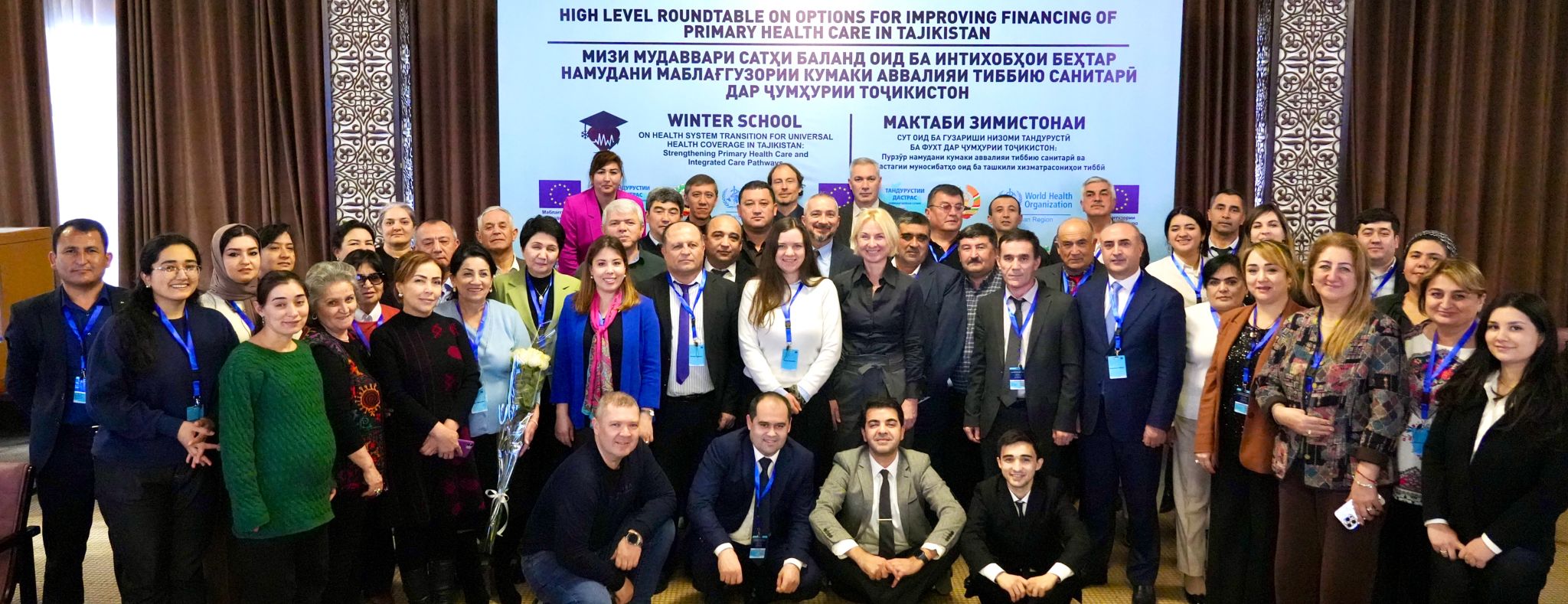
Tajikistan’s WHO Winter School: A proven model for advancing universal health coverage
The WHO Winter School in Tajikistan, held between 6-8 February, is a leading model for advancing universal health coverage through cross-sectoral collaboration, capacity building, and strategic health reforms. The WHO Winter School in Tajikistan, which recently...

HGPI highlights the role of data in advancing UHC and health financing
The HGPI report highlights the critical role of data in advancing Universal Health Coverage (UHC) and health financing, emphasising the use of international databases for effective policy development and global comparison. The Health and Global Policy Institute (HGPI)...
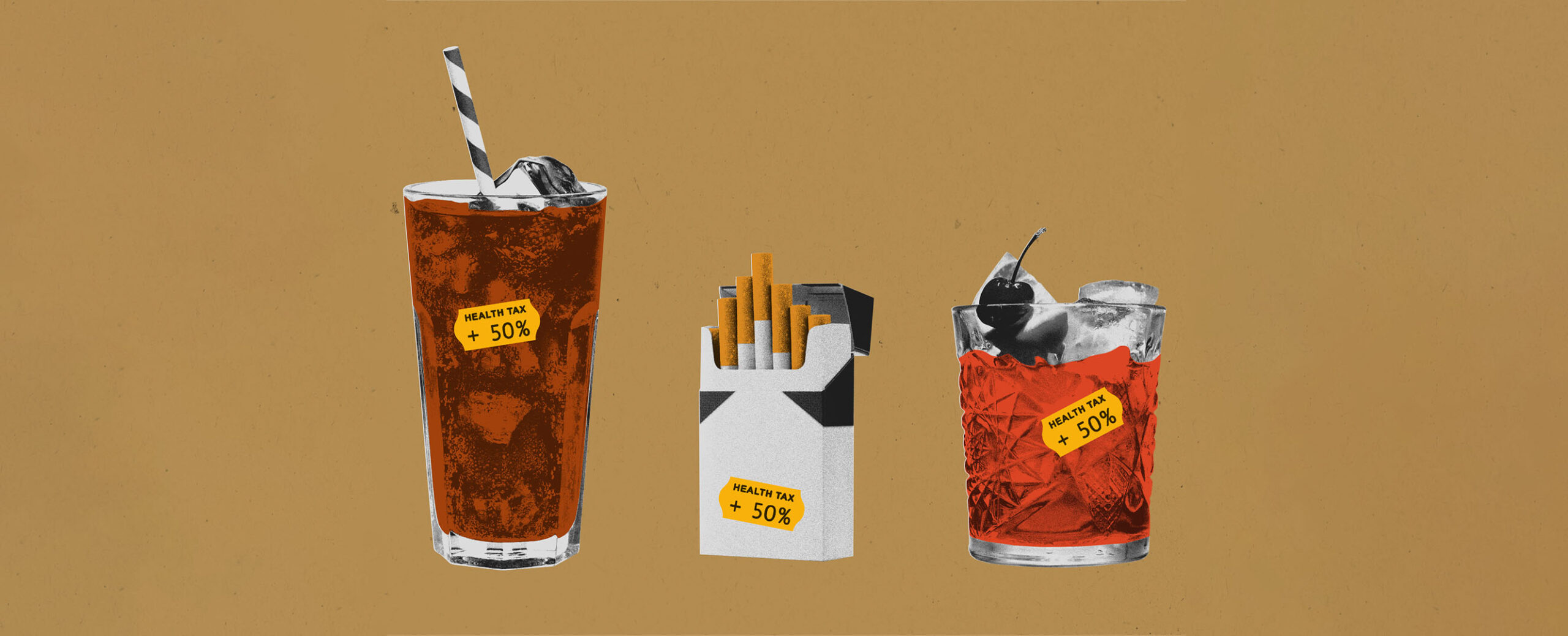
Health taxes could raise $2.1 trillion for low- and middle-income countries, IMF article argues
Higher taxes on tobacco, alcohol, and sugary drinks could raise $2.1 trillion for low- and middle-income countries while improving public health and reducing reliance on foreign aid, says the IMF.A new Finance & Development article by Masood Ahmed and Minouche...

Countries face sharp health financing cliffs amid dwindling aid, warns The Lancet article
Global health aid is declining, with over 3 billion people in debt-burdened countries. Nations like Nigeria and Thailand are adapting, but coordinated, sustainable solutions are urgently needed. The global health community is facing a critical juncture, as highlighted...
Decree Law 2763 – creation of FONASA in Chile
The Chilean government created the National Health Fund (Fonasa) by decree law in 1979 (among others). Fonasa is the public health insurance that provides coverage for health services to the population. It is an alternative to the Instituciones de Salud Previsional...

Guyana implements vouchers to extend financial access to UHC
Guyana institutes universal health care vouchers to cover a range of diagnostic tests not covered under the public free care program.Guyana operates a universal healthcare system where citizens and residents have access to public health facilities at no cost. However,...

Angola pledges USD 5 million to Africa CDC, advancing African-led health financing strategy
Angola commits USD 5M to Africa CDC, reinforcing African-led health financing, local manufacturing, and cholera response efforts, under President Lourenço’s leadership. In a move to support Africa’s public health independence, Angola has committed USD 5 million to the...
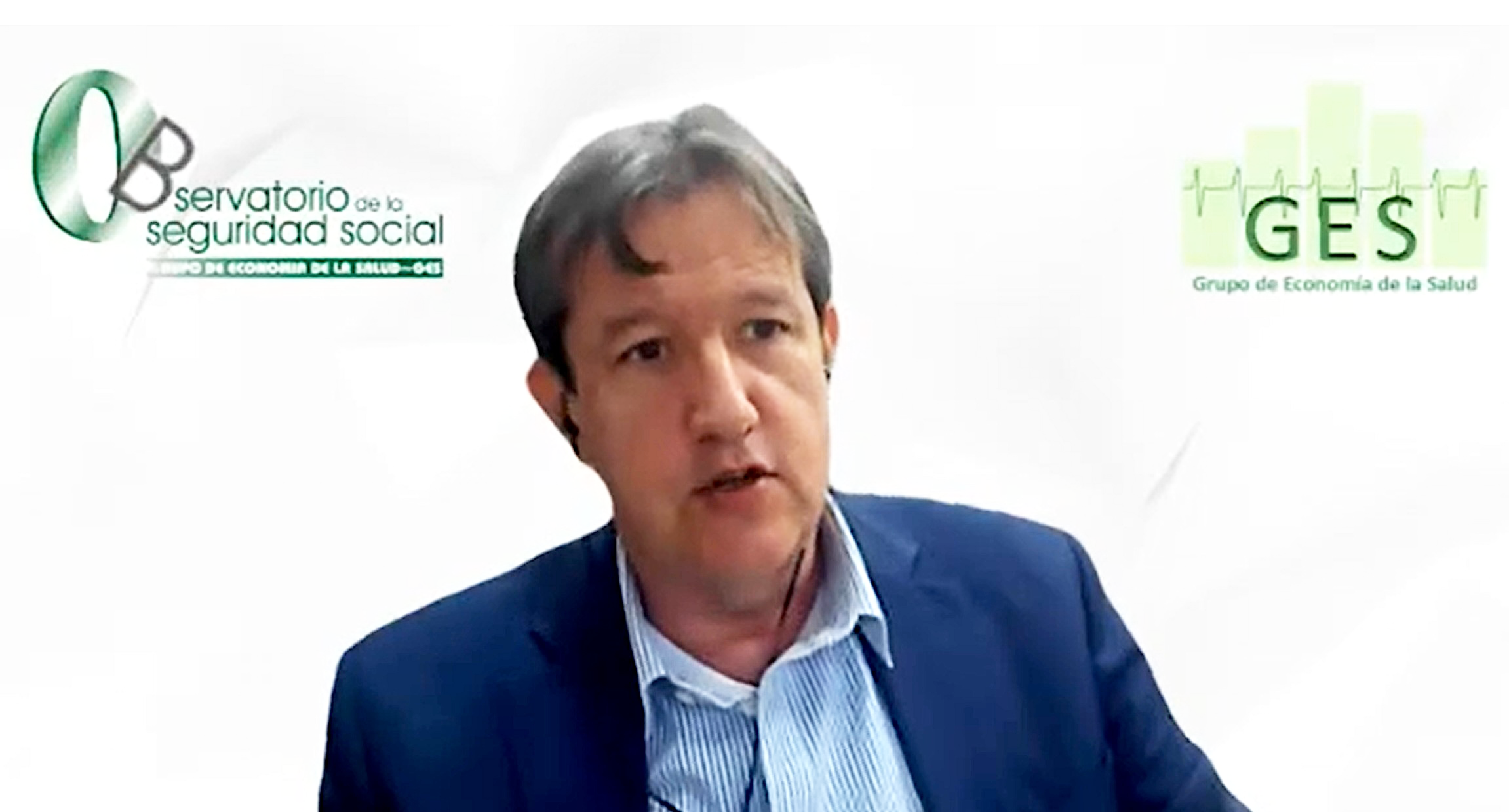
Webinar on health financing reforms in LAC, using examples of Peru and Colombia
The webinar announced in the March Governance Newsletter took place on 11 April 2025. This event, which focused on the challenges of financing universal health coverage in Colombia and Peru, was the result of a collaboration between two of the P4H Network’s academic...
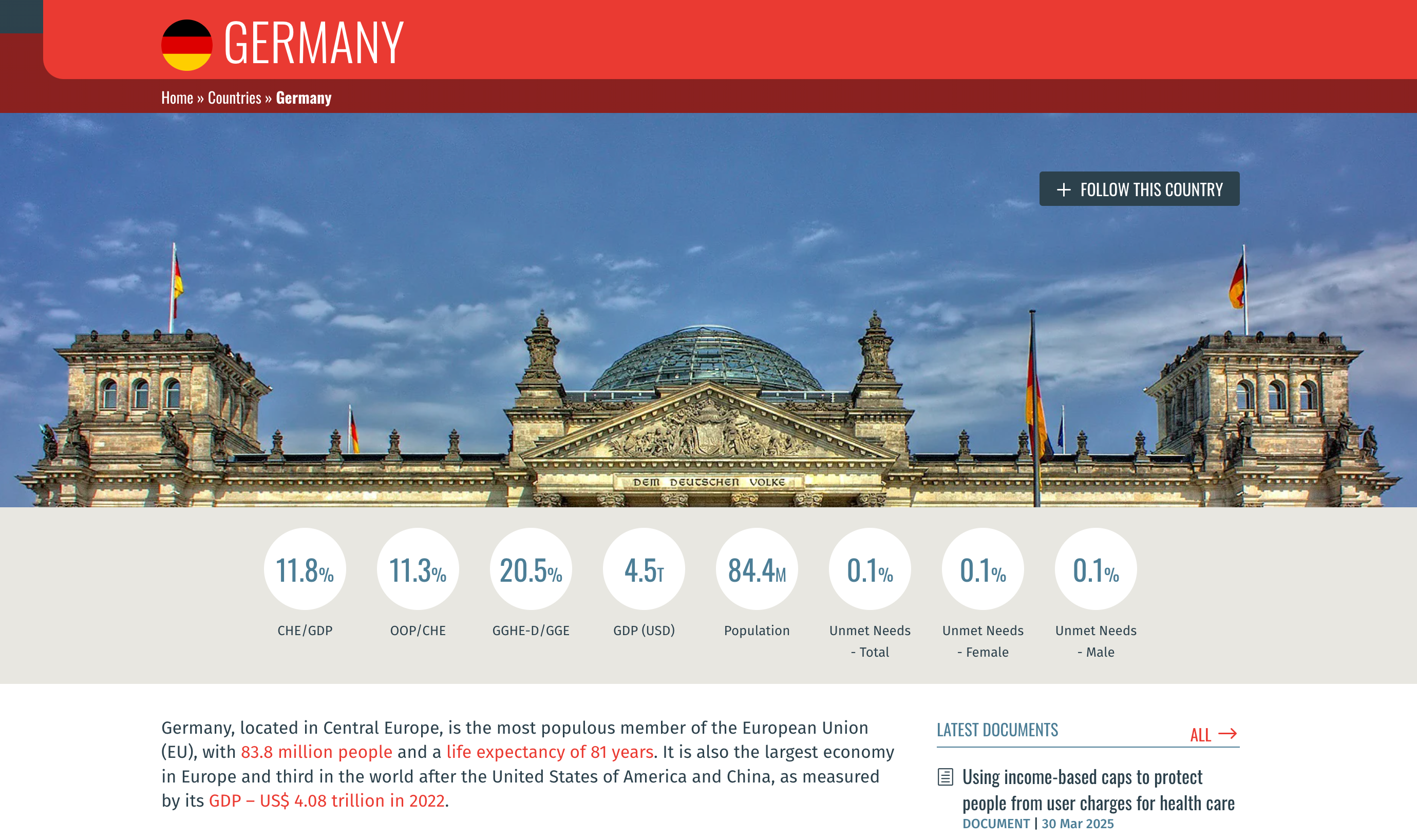
Development of the Germany country page on p4h.world
The Deutsche Gesellschaft für Internationale Zusammenarbeit (GIZ) and the P4H Coordination Desk (P4H-CD) are pleased to announce progress towards launching a country page for Germany on p4h.world. The Swiss Tropical and Public Health Institute conducted an assessment...

Bulgaria’s free heart disease drug scheme significantly reduces hospitalisations
Bulgaria has significantly reduced hospitalisations by providing fully reimbursed medicines for cardiovascular diseases, according to new data from the National Health Insurance Fund.In April 2024, Bulgaria took significant steps to address the high burden of...
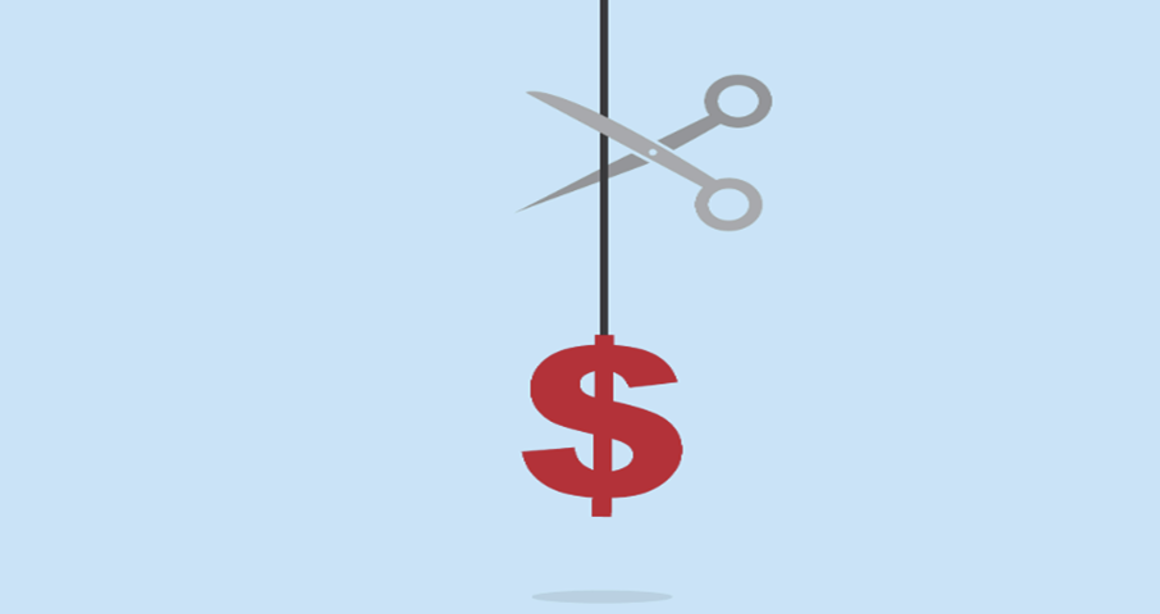
Official development assistance for health: an expected 40% reduction
Decisions by Organisation for Economic Co-operation and Development (OECD) Development Assistance Committee (DAC) members to freeze or cut aid disrupt health services in low- and middle-income countries, risking a 40% drop in health aid by 2025 and worsening workforce...
